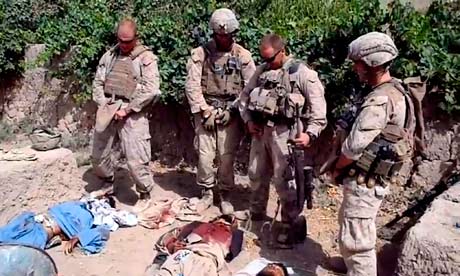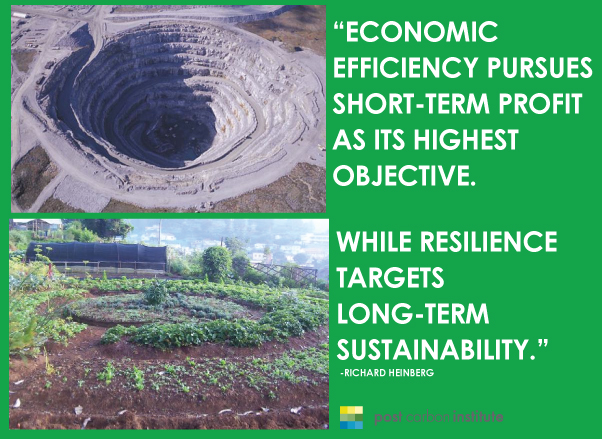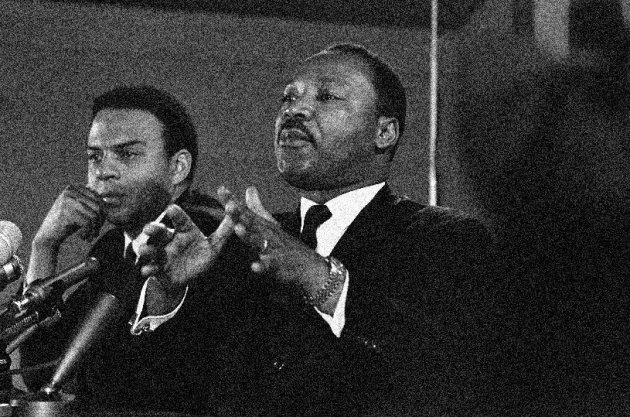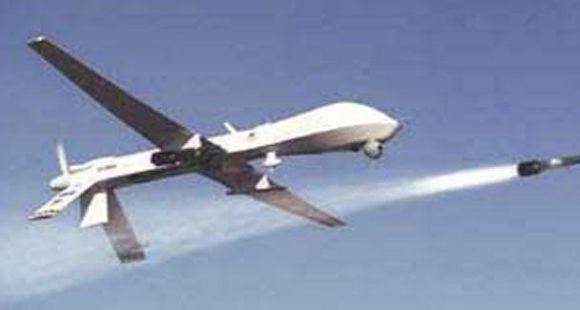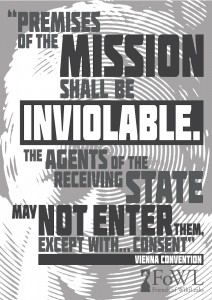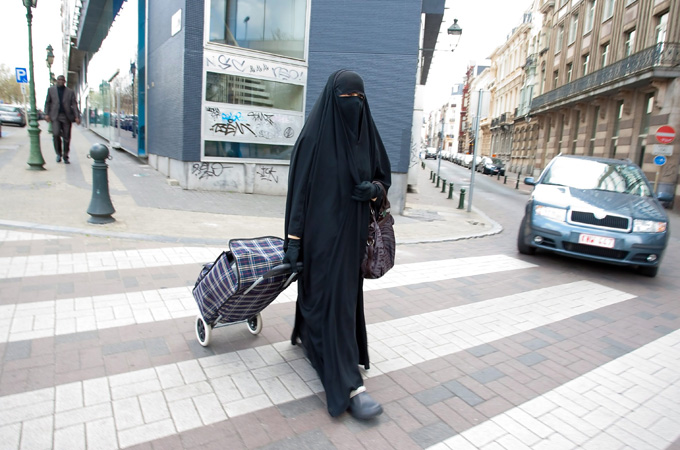Using children as human shields
Children are exposed to a harsh daily reality of constant friction with occupation forces, arrests, violence, intimidation and harassment. They are wounded or killed because soldiers ignore them at the scene of events, or by targeting them directly, sometimes at random. The disturbing actions the soldiers describe — some undoubtedly amounting to war crimes — took place in the occupied Palestinian territories between 2005-2011. This post is the first of two which summarize shocking examples of the abuse of children by Israeli forces.
Two soldiers testified how children were used as human shields. In Tulkarm in 2005, the “neighbor procedure” was used in an arrest mission.
Usually a resident of the neighboring house is summoned and required to enter the wanted person’s home and call all its inhabitants to come outside. “We got all the people out. No one was the wanted person. We feared he was still there, inside. So at first neighbors were used, then some kid. Bilal, I even recall his name. I remember because I got very angry over this. And they kept sending him into that house to check that no one was inside, open all the doors, turn on all the lights, open all the windows.”
“So there’s a school there. We’d often provoke riots there. We’d be on patrol, walking in the village, bored, so we’d trash shops, find a detonator, beat someone to a pulp, you know how it is,” said a soldier relating incidents in Hebron in 2006-2007. “Search, mess it all up. Say we’d want a riot? We’d go up to the windows of a mosque, smash the panes, throw in a stun grenade, make a big boom, then we’d get a riot,” he continued.
Once, “We fired a lot of rubber ammo. A lot. Every time we’d catch Arab kids, hold them like this, with stones, like retards. You know, so that the others would throw stones at them, not at us.” When asked if the children were turned in human shields, the soldier replied “Yes.” The kids cannot run away, he explains, because they will be badly beaten. “You catch him, push the gun against his body, he can’t make a move, he’s totally petrified.” More






